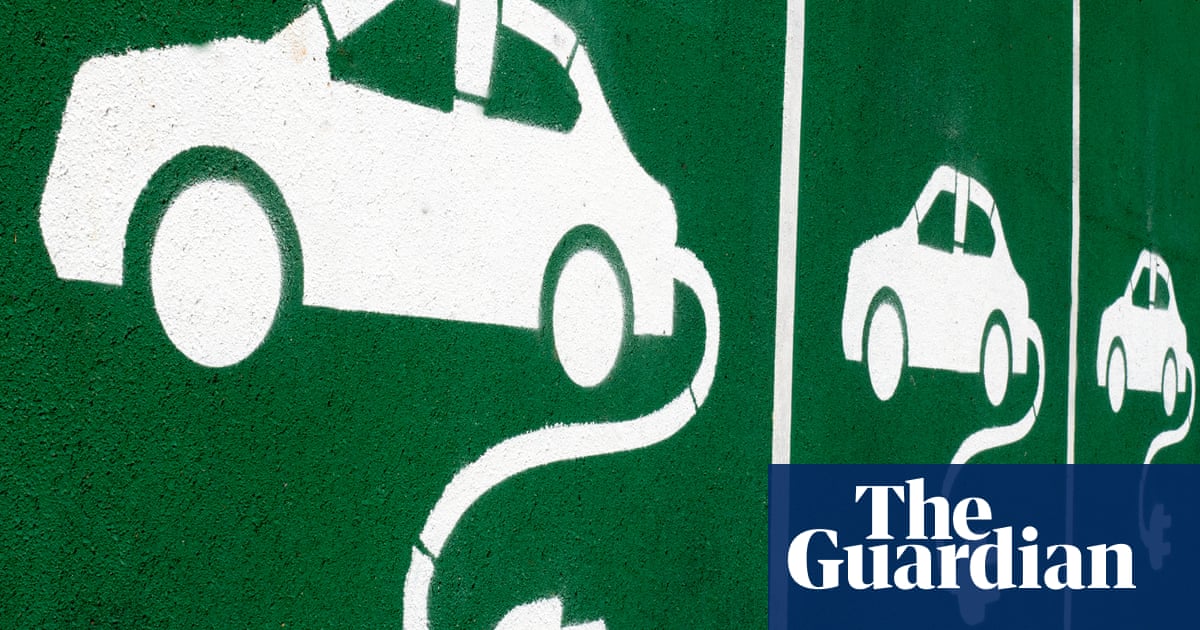Excluding the cars that ketamine built, it is my understanding that an electric car may not be as easy to catch on fire, but once an electric car is burning, they’re quite difficult to put out, because a lithium battery fire is no fucking joke.
From a consumer perspective, it’s pretty irrelevent. If a car catches fire, it’s a write-off anyway. The only difference is how long it takes firefighters to extinguish what used to be a car once they arrive.
I mean call me a filthy society-liking socialist but I don’t really like to operate in a “pssh, that’s the fire department’s problem” kind of mode.
Lol, I’m saying this as a firefighter. I’ve attended a couple of dozen vehicle fires in my time, and not once has the vehicle been in a salvageable state by the time we arrive. Unless it catches fire in front of a permanent-crew station, it will be ruined by the time anyone arrives.
Whether it takes 30 minutes or an hour to make things safe after the fact is a negligible concern.
I ask out of ignorance: is there much difference to how quick the ignition tends to be? I’ve seen lithium battery explosions from laptops but few (non-Hollywood) car explosions.
Not a clue to be honest. My experience is all from turning up to deal with cars that are already well involved.
Only thing I will say is that Hollywood car explosions are a myth. Fuel tanks will flare off, but don’t actually explode(with the exception of LPG in rare circumstances where the pressure relief fails). Tyres do explode, but aren’t a major hazard unless you’re within a metre or two of them when they do.
Do you park your car in an attached garage?
Even inside a garage, the difficulty in fully extinguishing the car is somewhat irrelevant. Suppression of the fire, ie, containing it so that nothing else catches fire, is identical for ICE and BEV. It just takes longer to fully extinguish a battery fire.
Not all EVs, just Teslers
The best info I’ve seen are a couple of studies out of Europe that showed ICE (gas/petrol) cars were at least 10 to 20 times more likely to catch on fire than EVs.
And the info I’ve seen on hybrid cars said they were at least twice as likely to catch fire as ICE cars.
A simple search provides this.
Why wouldn’t you just provide the links yourself, if you know where it is? Search is garbage these days.
Scomo got elected a few times so I’m not exactly impressed by at least half of Australia.
Well we are talking about Australia here, lots of weird shit, like a turtle that breathes though it’s butt. A cassowary, basically a velociraptor. Saltwater crocs. Animals that exist to to fuck you up. Having to extend the UV and need to 17, because saying it’s 12+ everywhere isn’t enough. I can completely understand how an Australian might thing a EV would just burst in to flames, it’s probably the least weird thing they have experienced that day
People in other countries sure have some funny ideas about Australia.
Are you telling me you don’t ride around in kangaroo pouches?
More likely to burn hotter and for way longer, but maybe not more…
And the chemicals are far more (or less) toxic.
Nah… https://www.sciencedirect.com/science/article/pii/S0306261922017548
Highlights
•
The characteristics of BEV fires is comparable with those of conventional passenger cars.
•
The new combustibles in the battery pack make a minor contribution to the whole magnitude of BEV fires.
•
The jet flame, caused by thermal runaway, accelerates the fire spread to other combustibles of BEVs.
•
The uncertainties, induced from unforeseen thermal runaway and reignition, make a major risk to first responders.
Yeah, but EVs don’t go fwoosh like a petrol car with a burst fuel tank in movies. You just… get out of the car and leave it to the fire fighters.








